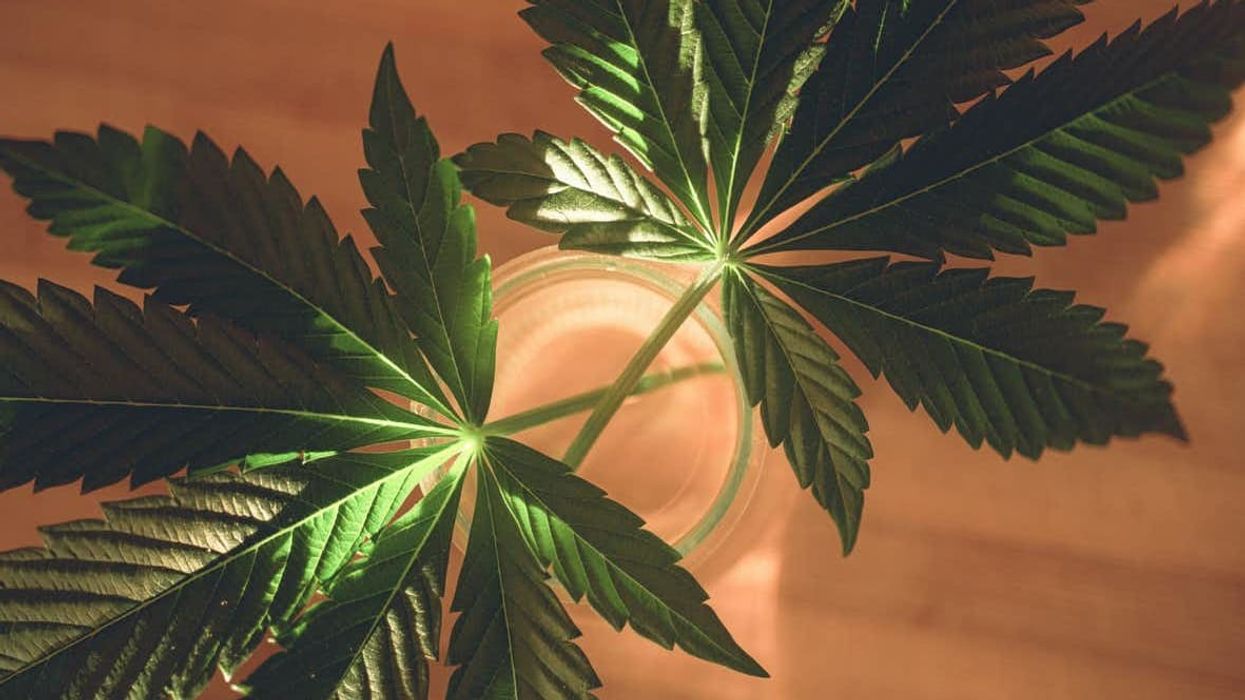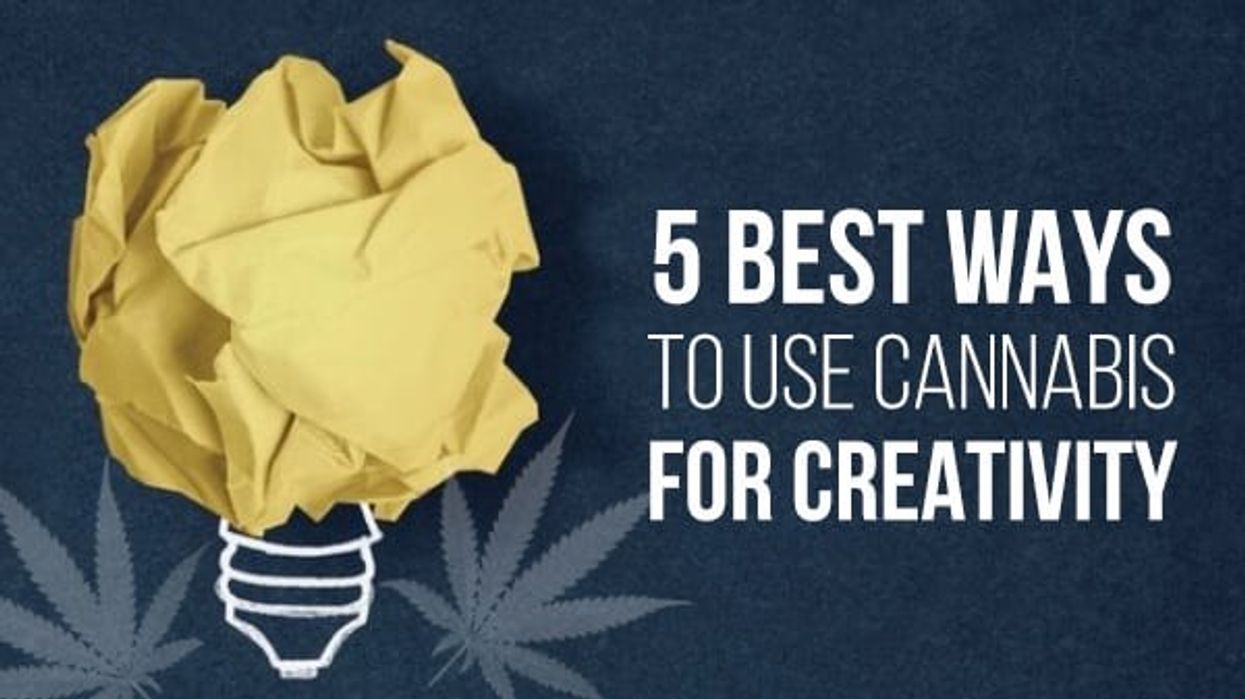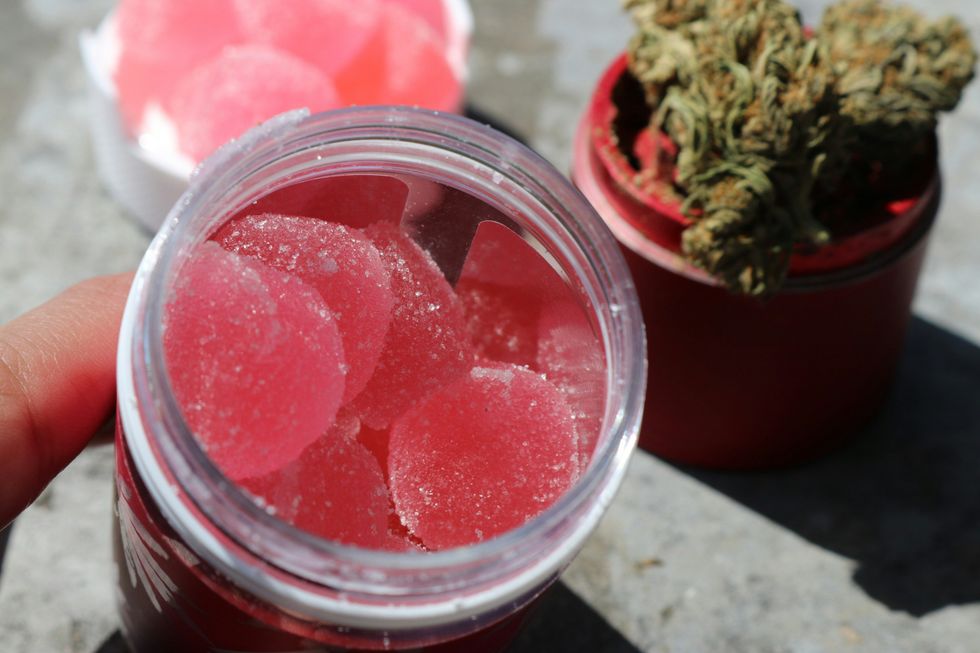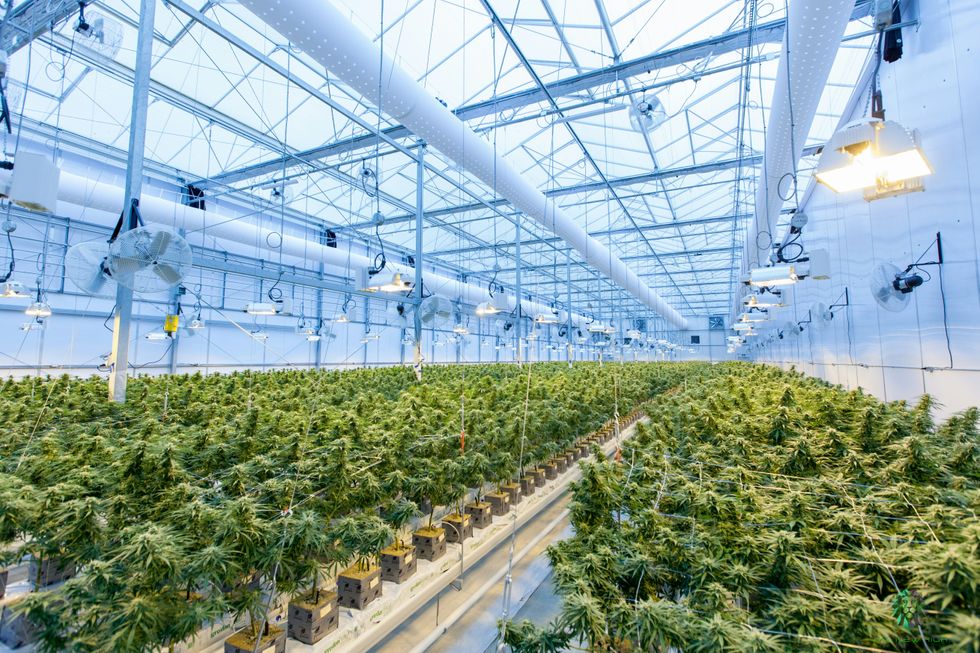Some politicians are trying to help those in the cannabis business get financial footing amid the COVID crisis, this according to a report by Yahoo Finance.
As lawmakers investigate a their next round of PPP funding, Yahoo Finance is reporting policymakers are investigating ways to help businesses left out of the first rounds of funding - casinos and cannabis businesses.
According to the publication, a handful of democratic senators and members of the House of Representatives are trying to find a way to help those small businesses in the cannabis industry that are legal operators, according to Yahoo Finance.
In a letter to leadership, the publication reports lawmakers said the following:
“Workers at state-legal cannabis businesses are no different from workers at any other small business… [they] are sources of economic growth and financial stability for thousands of workers and families, and need our support.”
Some lawmakers are also pushing to support casinos. The SBA currently excludes casinos as eligible for crucial loans. Read the full story here.
Politicians Push for Cannabis Loan Support as Part of COVID-19 PPP

By Don MooreMay 08, 2020
Don Moore
Don is the co-founder and President of The Bluntness. His focus is on the intersection of the modern marijuana movement with sports, politics and business.













 Can Drug Dogs Smell Edibles? - The Bluntness
Photo by
Can Drug Dogs Smell Edibles? - The Bluntness
Photo by  Can Drug Dogs Smell Edibles? - The Bluntness
Photo by
Can Drug Dogs Smell Edibles? - The Bluntness
Photo by 
 When it comes to pricing, cultivation methods matter - The Bluntness
Photo by
When it comes to pricing, cultivation methods matter - The Bluntness
Photo by 
 The Truth About THC Candle: Cannabis Candles & How to Make Your Own - The Bluntness
Photo by
The Truth About THC Candle: Cannabis Candles & How to Make Your Own - The Bluntness
Photo by 
 How to Make a Cannagar Without a Mold: A Comprehensive Guide - The Bluntness
Photo by
How to Make a Cannagar Without a Mold: A Comprehensive Guide - The Bluntness
Photo by